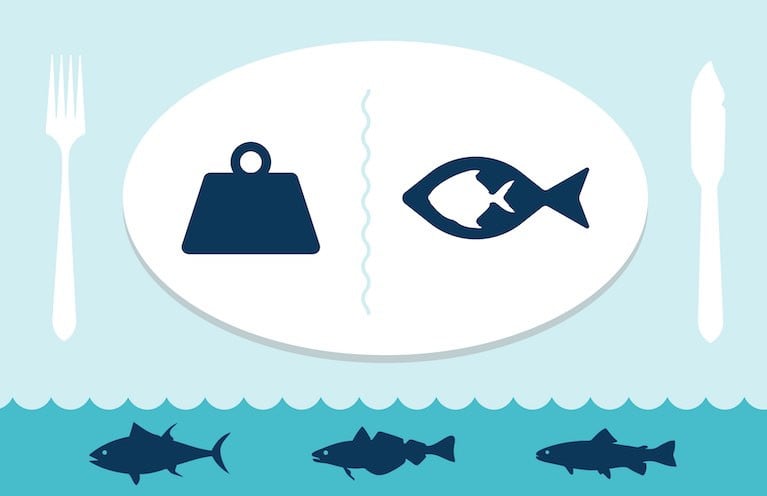There has been a mixed Irish reaction to this year’s EU fish council, after a three-month “rollover” of catch allocations was agreed to facilitate ongoing Brexit negotiations.
EU ministers agreed to allocate total allowable catches (TACs) and quotas based on 2020 levels for a number of stocks for three months – but pledged to reconvene next month.
Ministers were faced with an impossible decision in setting annual TACs and quotas, due to uncertainty over access to British waters.
Minister for Marine Charlie McConalogue welcomed the agreement, but environmental non-governmental organisations including Birdwatch Ireland said it would encourage overfishing.
 Minister for the Marine Charlie McConalogue
Minister for the Marine Charlie McConalogue
Mr McConalogue said the “rollover” allocated 25 per cent of this year’s TACs for the majority of stocks until the end of March 2021.
He said that a “higher rollover” of up to 65 per cent had been applied to “certain migratory stocks that are fished mainly during the first few months of the year, and are of particular importance to Ireland”.
He said he “supported this common-sense approach which will ensure continuity for our fishing industry without prejudicing the outcome of the ongoing negotiations on the future relationship with the UK”.
Killybegs Fishermen’s Organisation (KFO) chief executive Sean O ‘Donoghue also said that it was the only option that ministers could take.
Mr O’Donoghue welcomed the pelagic species allocation, but noted that these stocks would normally have 90 per cent of their total TAC set for the first three months of the year and received 73 per cent of that amount instead.
 Killybegs Fishermen’s Organisation (KFO) chief executive Sean O‘Donoghue
Killybegs Fishermen’s Organisation (KFO) chief executive Sean O‘Donoghue
There was also uncertainty over the key prawn fishery on the Porcupine Bank off the Irish south-west coast, he said.
Mr McConalogue said that Commissioner Sinkevičius “understood that the quota made available in the important prawn fishery in the Porcupine Bank would not be adequate to support the planned fishery”.
“The Commissioner committed to work with me during January to deliver an amendment that will allow this fishery to continue under its normal pattern,” he said, noting it was a “very important issue for me”.
“There are other complex strands to the negotiations around shared stocks, of which there are 119 out of 146 divided with the UK,” Mr O’Donoghue pointed out.
“ This will require a bilateral with the UK, and also a trilateral between the EU, Norway and the UK, as well as a bilateral between EU and Norway. None of these negotiations has happened due to the protracted Brexit backdrop,” he said.
The EU Fisheries Commissioner Virginijus Sinkevičius stated that he regretted that ministers were “not fully willing to take into account the scientific advice”.
The NGO Our Fish criticised the ministerial agreement on fish, saying it was “a shameful move that undermines global progress towards achieving a healthy ocean and the EU's commitment to sustainable fisheries management”
Our Fish programme director Rebecca Hubbard said it would cause overfishing which would prove “difficult to reverse”.
“Of the TACs set for approximately 30 EU-only fish stocks, it appears that around 30% have been set above scientific advice for sustainable limits, as provided by the International Council for the Exploration of the Sea (ICES),” she said.
BirdWatch Ireland’s policy officer Fintan Kelly said that the Irish Government “continues to fail when it comes to matching their rhetoric on sustainability with actions”.
“Ireland continues to undermine science and drive overfishing at EU fisheries negotiations,” he said.
“ This is despite the fact that overfishing has driven the collapse of many important Irish stocks, with serious impacts on sea life and the fishing communities that depend on them to make a living,” he said.
He cited as one example the collapse of the Celtic Sea herring fishery.
“ With everything that is going on with COVID-19 and Brexit, the collapse of fish populations is the last thing the fishing sector needs,” Mr Kelly said.
“Decision-making blinkered by short-term profits is killing the life in our seas and threatening the future viability of fishing communities. We need a new approach which recognizes that profitable fisheries are dependent on healthy fish stocks,” he said.































































